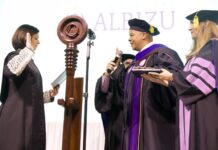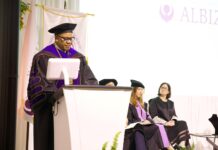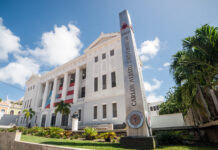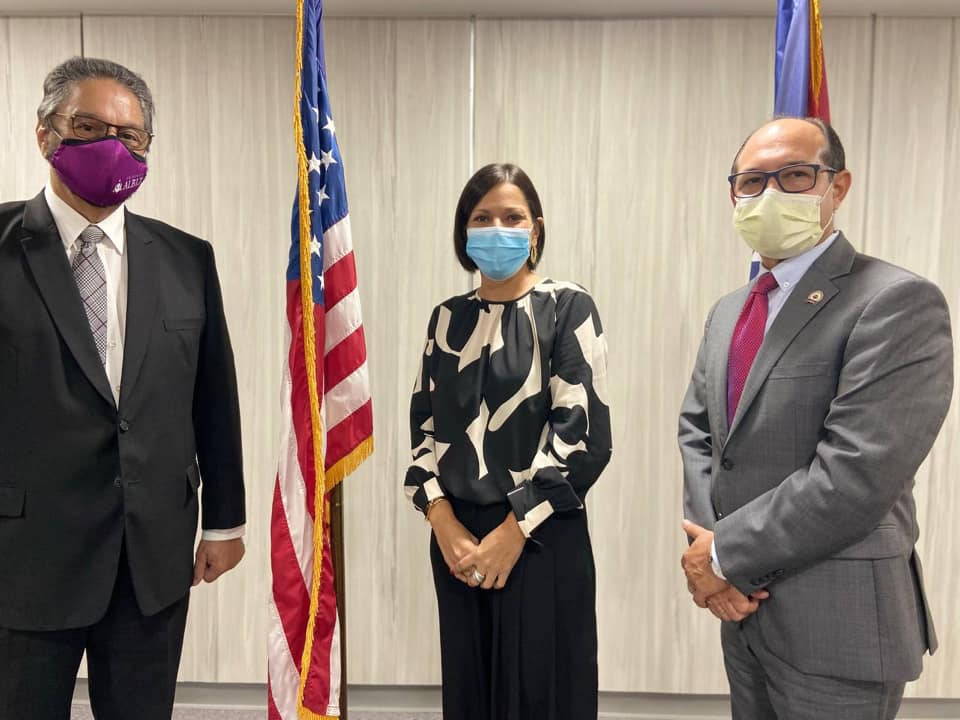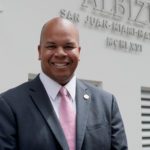I
t is up to all of us to closely monitor the development of Puerto Rico’s children who, in just a few years, have lived and faced extraordinary situations. They first witnessed a devastating hurricane, then earthquakes, and are now living with a health crisis never before imagined. That is an overwhelming list of events that have marked our children. In addition, there are other problems taking place in our children’s households that have afflicted us as a society for a very long time.
In this context, the Puerto Rico Department of Family Affairs is also preparing to significantly change the way in which cases of child abuse or neglect experienced in family environments are evaluated and handled. A change in the federal legislation that provides funding for such processes is already in effect, and it seeks to encourage that families remain united, except in cases where this becomes practically impossible.
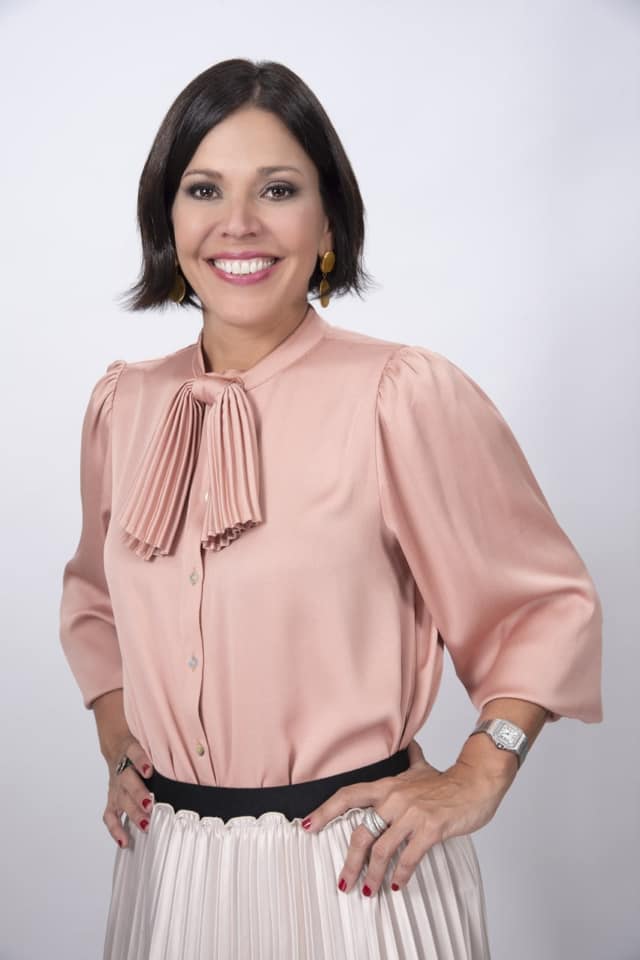
Taking the reins of that Department and leading the implementation of this new public policy to protect the welfare of our children and families is the new undertaking of Dr. Carmen Ana González, a psychologist who was recently appointed Secretary of Family Affairs. She is a graduate of the Psy.D. Program in Clinical Psychology, Class of 2001, at Albizu University. A few weeks after her nomination, she shared details about her background and some thoughts on her role and management priorities.
“At Albizu, I developed empathy, sensitivity towards others’ needs, the importance of listening without judgment, to be a source of support for people in vulnerable situations, and to celebrate their achievements. I learned about adversity and how every experience provides an opportunity to learn, continue, and survive.”
Dr. González began her career in public service at the Commission for Women’s Affairs in 1999. Since then, she states, she decided that she would dedicate her life to learning about, understanding, and tending to the needs of the different populations she has had the opportunity to serve. In 2001, she began working at the Office for the Integral Development of Women in San Juan, where she practiced creative analysis to generate initiatives aimed at improving the quality of life for women and their families, ensuring the rights and safety of minors. She has also worked in the private sector, directing the Domestic Violence Program at Albizu University. Back in the government sector, she directed the Office for Family and Community Integration of the Puerto Rico Department of Education. From there, she explains, she sought to emphasize the importance of collaboration between all entities that support students’ socio-emotional development and academic achievement.
The secretary explains that the opportunity she sees to foster our children’s talent was in large part what moved her to rise to the challenge of leading a department that holds such responsibility. “Although there were many factors that led me to accept Governor Pedro Pierluisi’s appointment, my main goal, desire, and vocation is that our children can identify their skills and interests to maximize their potential and become useful, productive, and self-sufficient beings. As a mother, providing equal opportunities to everyone regardless of gender is essential. It’s imperative that we empower our children and youth by providing them with the tools to become sensitive and empathetic human beings. Moreover, it should be an ongoing commitment and shared responsibility to watch over and care for our children, older adults, people with functional diversity, and people facing homelessness. Ultimately, as I evaluated the governor’s platform and discussed it with my daughters, I realized I strongly desired to serve my island.”
Furthering the efforts to prevent violence and abuse is among the most pressing issues she hopes to work with, along with child development. Specifically, Dr. González will seek to promote awareness, prevention, and effective intervention in cases of child abuse, elder abuse, and victims of gender violence. However, she will also prioritize efforts to eradicate child poverty and speed up adoption processes that enable the creation of new families. The secretary warns that she will be a public servant who will seek equity across the board.
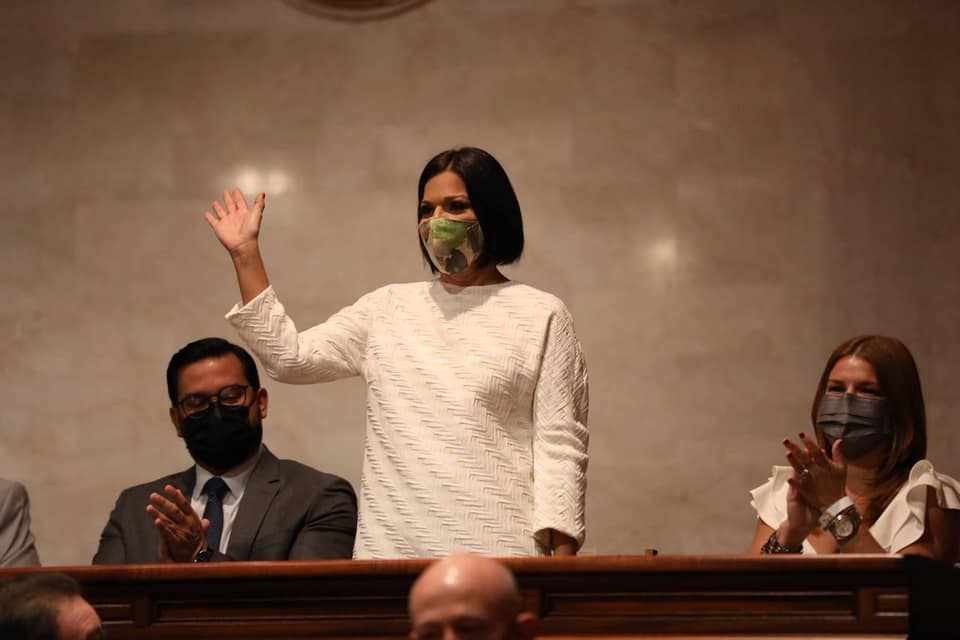
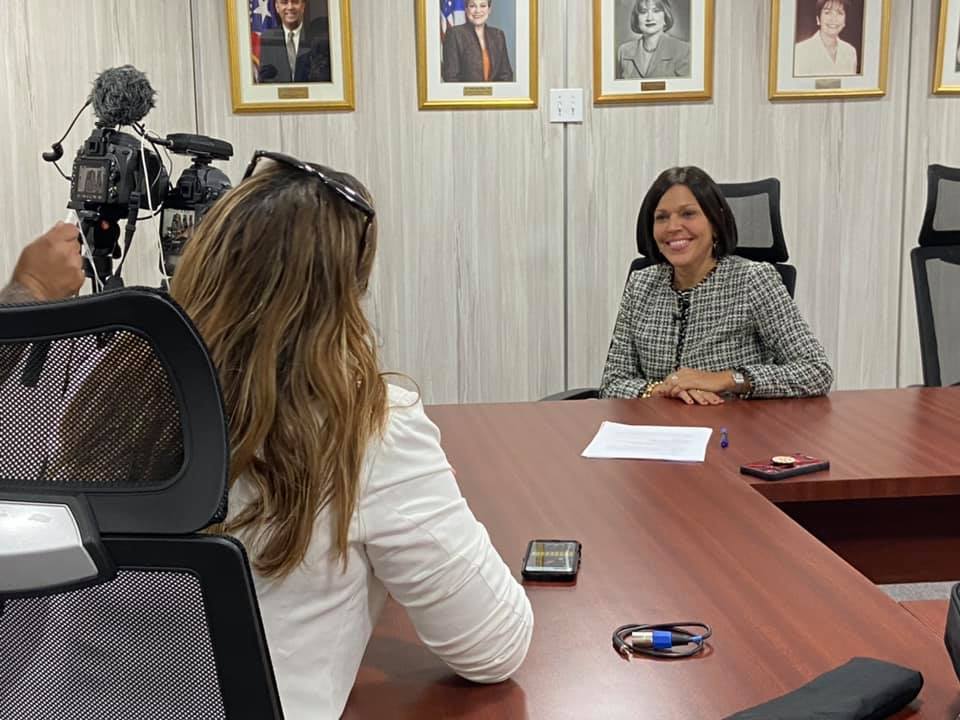
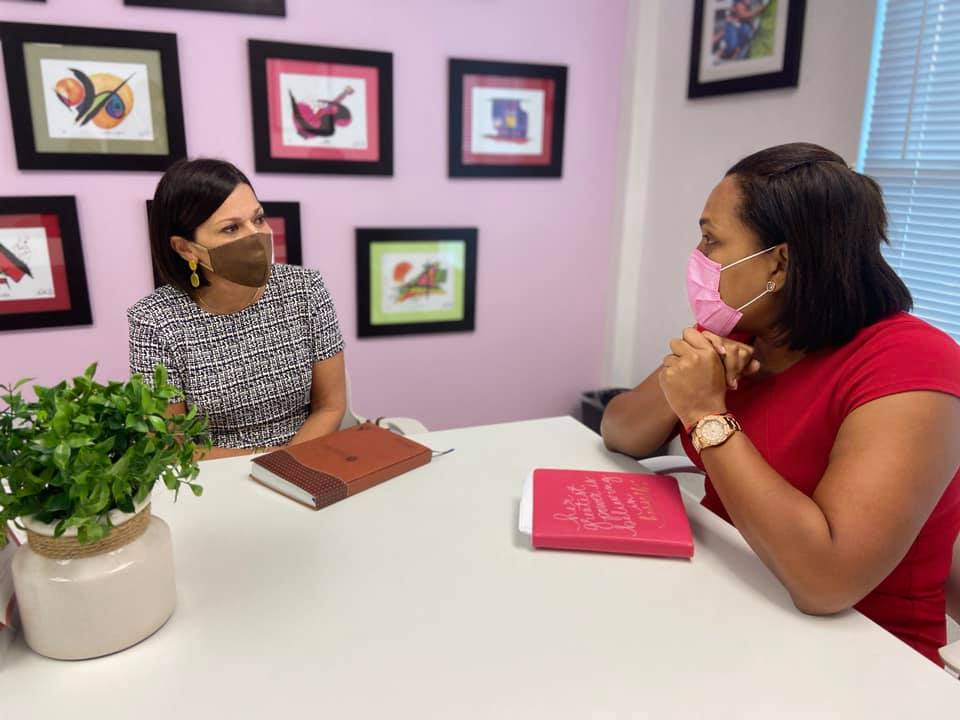
She acknowledges that there are enormous challenges and difficulties ahead, but at the same time, she believes that the department’s staff members have the strength to face them. “At the Department of Family Affairs, Puerto Rico can count on a team that is resilient, highly committed, dedicated, and lead by vocation.” She understands that staff members’ criteria must be taken into account when executing and making decisions, but she does not share the opinion that they are frustrated or unmotivated. “We do recognize the scarcity of resources and the need for staff members to be heard in order to support them and provide them with socio-emotional tools, evaluate alternatives for increasing their remuneration, and guarantee favorable working conditions in which they can feel safe.”
In addition to having confidence in her team, the secretary says her background in psychology gives her an appropriate perspective for handling the challenges and complexities she will be addressing. “Psychology not only helps you understand human behavior, but it also allows you to better comprehend human beings’ ability to adapt, strengthen, and maximize their potential. It is my understanding that public policy should be geared towards the following ends: to identify individual and collective skills, provide tools to enhance them, and maintain their sustainability.” Beyond that, she values and appreciates the lessons she learned at Albizu and considers them essential to her professional development. “I developed empathy, sensitivity towards others’ needs, the importance of listening without judgment, to be a source of support for people in vulnerable situations, and to celebrate their achievements. I learned about adversity and how every experience provides an opportunity to learn, continue, and survive.”
“In my opinion, the biggest mental health problem in Puerto Rico is making it a taboo subject. A disease or condition that may vary in function is met with fear, prejudice, and discrimination. We hear a diagnosis and we attribute a fault, a deficiency, which then results in rejection of the person who receives the diagnosis. Human beings fear what they do not understand. Therefore, it is time to educate and it is our responsibility as psychologists and as a community to convey a message of inclusion, empathy, and sensitivity.”
Dr. González comes from a line of social workers who, from a young age she assures, instilled in her the responsibility of service, support, and advocacy. She treasures key moments from her academic training that helped her forge a life purpose. “I remember the excitement of starting my clinical practice. Every complex or difficult experience became a lesson. This period in my life was certainly complex enough and it helped me grow, learn from my resilience, and stick to my commitment and dedication to achieve my goals.”
As an expert on human behavior, she asserts that the main mental health problem in the country is the way in which we view mental health. “In my opinion, the biggest mental health problem in Puerto Rico is making it a taboo subject. A disease or condition that may vary in function is met with fear, prejudice, and discrimination. We hear a diagnosis and we attribute a fault, a deficiency, which then results in rejection of the person who receives the diagnosis. Human beings fear what they do not understand. Therefore, it is time to educate and it is our responsibility as psychologists and as a community to convey a message of inclusion, empathy, and sensitivity.”
Her life experiences, her preparation, and unimagined social and historical circumstances have presented her with an opportunity like no other to prove her commitment. She accepts it with courage and humility.




